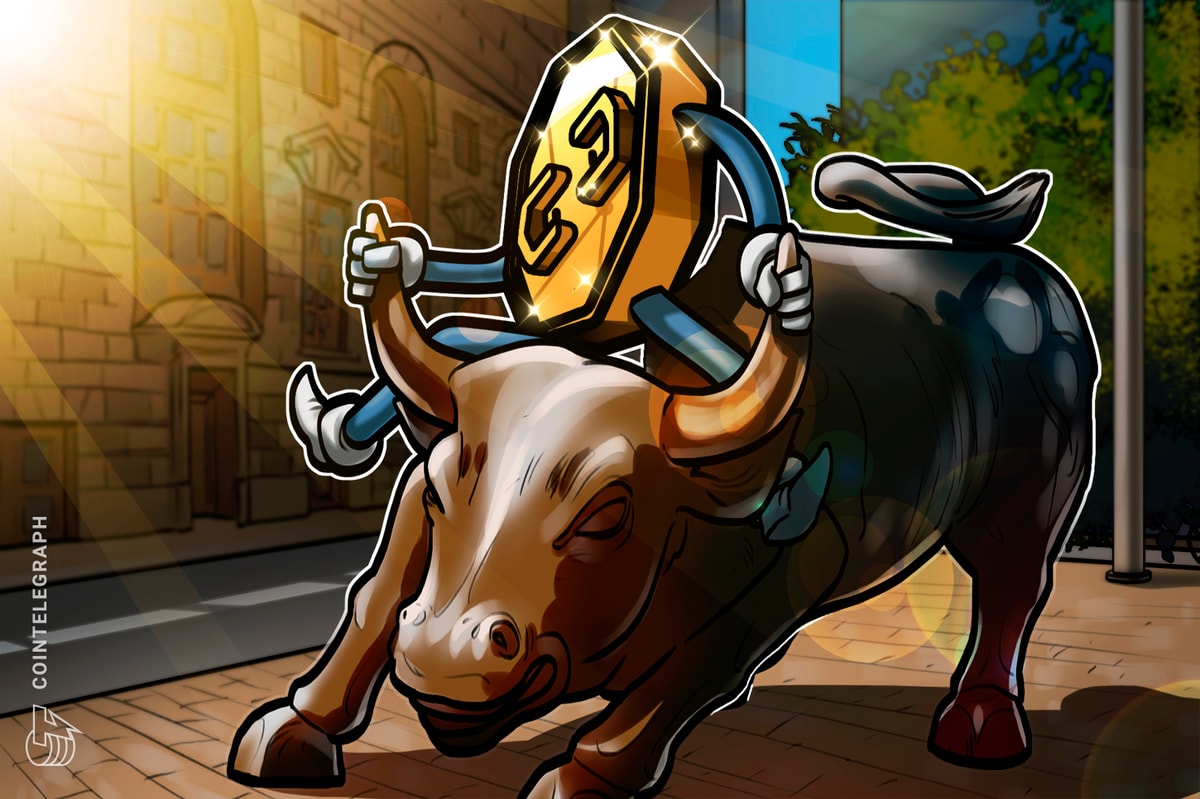Seismic Shift: Traditional Financial Systems Yield to Blockchain
By Koshiek Karan, founder of BankerX
Wall Street is passing the torch to Web3. This isn’t evolution; it’s a full-scale re-architecture of the global financial system.
Money never sleeps
Stock markets have existed for over 400 years, evolving from coffee houses in Amsterdam to electronic trading systems. But a new era is upon us, where traditional financial infrastructure gives way to decentralized solutions powered by blockchain technology.
The crypto market operates 24/7, while traditional exchanges have limited trading hours. For example, US stock markets operate for just 6.5 hours daily, from 9:30 am to 4:00 pm, creating inherent disadvantages for retail investors.
This asymmetry has created exploitable patterns. Consider the “night effect”: buying US stocks at 4:00 pm New York time and selling them at 9:30 am the next day has delivered a staggering 1,100% return over the past 30 years. This strategy was possible because institutions could analyze overnight news including earnings reports and macroeconomic developments before retail investors could react.
This is why tokenization represents the pinnacle of efficient markets. Platforms like Kraken offering Solana-based tokenized stocks provide faster settlements, lower fees and global accessibility, creating truly borderless permissionless markets.
Wall Street’s Response to 24/7 Trading
The traditional exchanges are responding to this disruption. The NYSE announced plans to extend trading hours to 22 hours on weekdays to satisfy global demand for US equities. Meanwhile, Nasdaq is considering 24-hour trading on weekdays.
Global demand is evident: over 56 Nasdaq-100 tracking products have been launched in five years, with 98% introduced outside the United States. This demonstrates institutional recognition that the future favors continuous access to markets.
The Case for Tokenization
Some Wall Street voices resist continuous markets due to existing compliance frameworks and traditional trading infrastructure requirements. However, the rise of algorithmic trading (which drives up to 80% of trading volumes) reduces the need for manual processes.
Tokenization solves these challenges while preserving market efficiency. As BlackRock CEO Larry Fink stated: “Tokenization is democratization. Every stock, every bond, every fund… can be tokenized… Markets wouldn’t need to close. Transactions that currently take days would clear in seconds.”
The Financial Singularity
The evolution toward decentralized markets represents more than technological advancement. Four centuries ago, stock markets were founded on principles of inclusion, resource pooling and shared prosperity. Blockchain technology is merely digitizing these original values, but at hyper-speed.
This is the inflection point – the beginning of singularity in global capital markets. With massive liquidity injections, frictionless access and cross-border communities, these markets will scale in ways previously unimaginable.
This article is for general information purposes and is not intended to be and should not be taken as legal or investment advice. The views, thoughts, and opinions expressed here are the author’s alone and do not necessarily reflect or represent the views and opinions of Cointelegraph.












